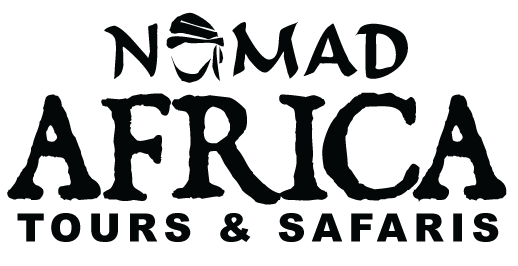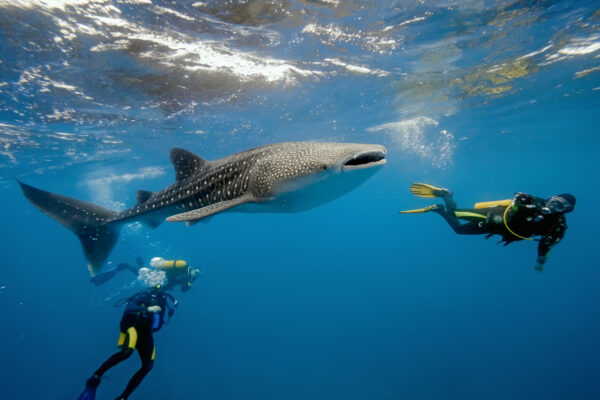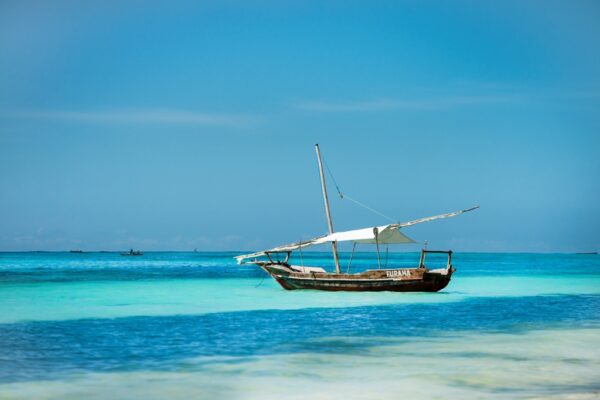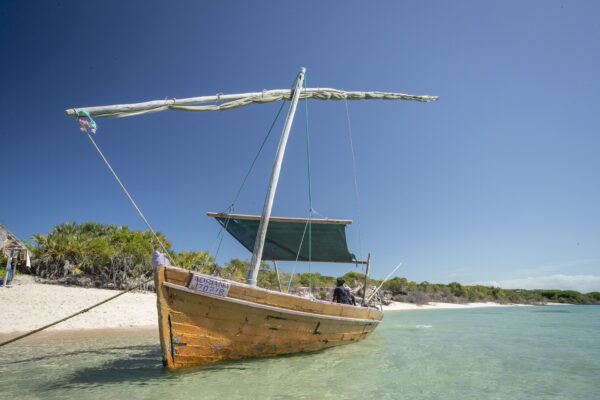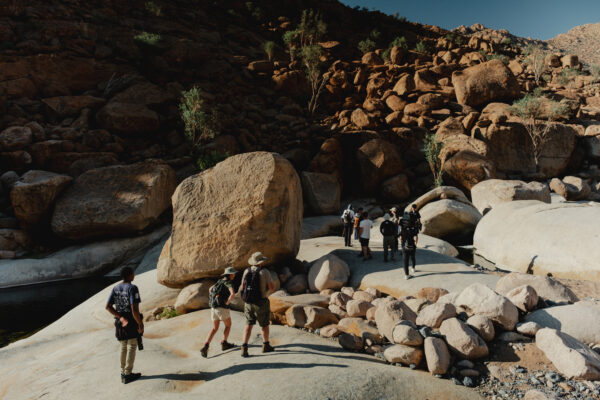MOZAMBIQUE
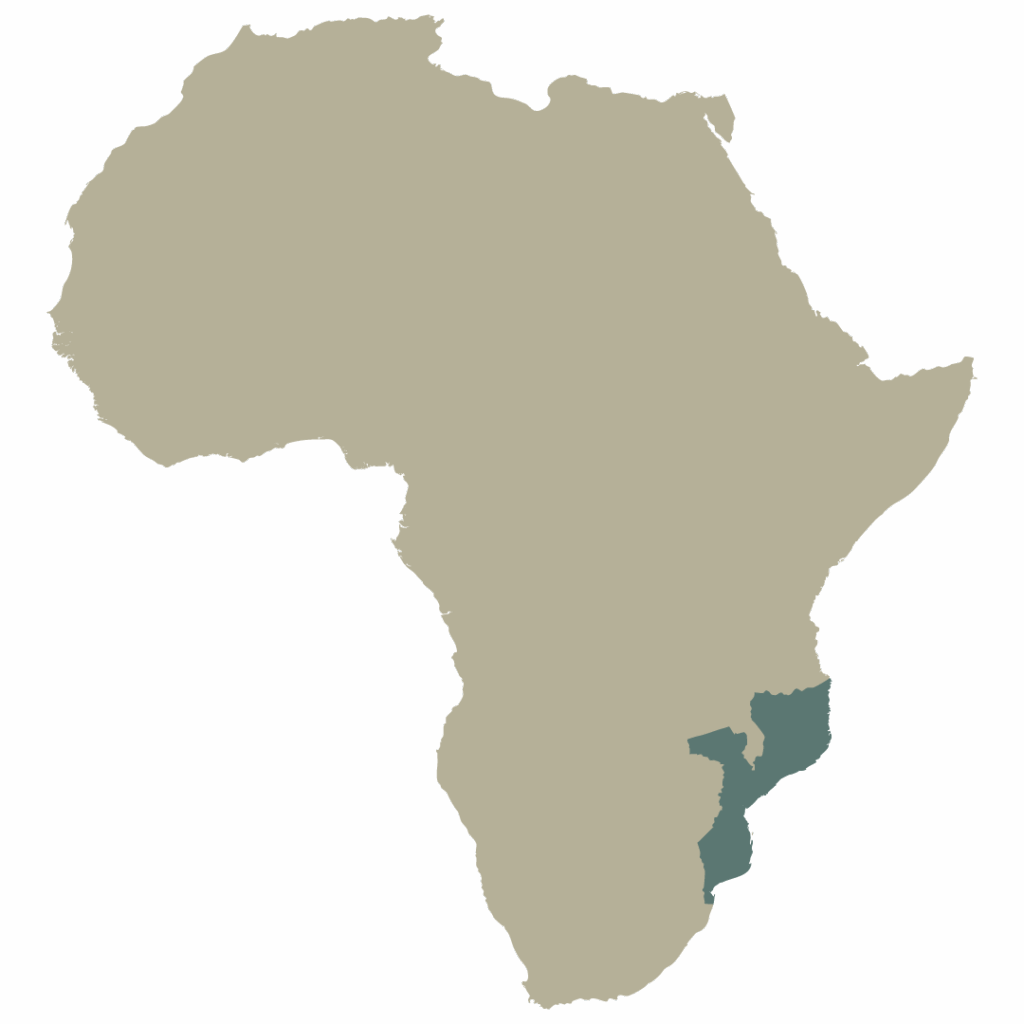
Mozambique, a paradise of endless beaches and vibrant charm, is perfect for families, couples, and business. Bordered by six nations and the Indian Ocean, this 34th largest country blends relaxation, opportunity, and stunning natural beauty.

Mozambique is a tropical haven, offering endless idyllic beaches, vibrant culture, and a relaxed atmosphere. It’s not just a perfect retreat for families and honeymooners but also a land rich in economic and commercial potential. Bordered by Tanzania, Malawi, Zambia, Zimbabwe, Eswatini, and South Africa, with the Indian Ocean gracing its eastern edge, Mozambique is the 34th largest country in the world.
Since gaining independence from Portugal in 1975 and emerging from a civil war in 1992, Mozambique has embraced stability and democratic growth. Its economy thrives, supported by a flourishing tourism sector that draws visitors eager to experience its natural beauty and cultural richness.
The tropical climate, serene beaches, and vibrant culture make Mozambique a dream destination. Whether lounging on pristine sands, diving in crystal-clear waters, fishing, or exploring bustling markets, there’s something for everyone. Wildlife enthusiasts can visit the country’s nine national parks, where diverse landscapes and iconic species await.
As night falls, Mozambique comes alive with its unique music and festive atmosphere. Known as the birthplace of the Marimba, the country offers lively entertainment, fresh cocktails, and unforgettable settings. Its vibrant nightlife ensures visitors are immersed in celebration and culture year-round.
Nomad Tours invites you to explore Mozambique’s breathtaking attractions, including the stunning Bazaruto Archipelago. This tropical gem, with its distinctive blend of Portuguese and African heritage, promises an unforgettable holiday experience filled with adventure, beauty, and culture.
Vilanculos, a stunning coastal town in Mozambique, serves as the gateway to the Bazaruto Archipelago, a collection of paradise islands in the warm, azure waters of the Indian Ocean. With its long stretches of pristine beaches and vibrant marine life, Vilanculos is a dream destination for travelers seeking both adventure and relaxation. Click to learn more...
Our Mozambique Journeys
Zimbabwe, Kruger & Mozambique - Comfort - 2026
Cape to Vic & Mozambique - 2026
Mozambique Quick Facts & FAQs
Electrical Plug
Population
Currency
Calling Code
Yes — most travellers from Europe, the USA, and Canada require a visa to enter Mozambique.
As of recent updates, e-Visas are available online at https://evisa.gov.mz, and visas are also available on arrival at major airports and some land borders. The tourist visa typically allows a 30-day stay, extendable in-country.
Ensure your passport is valid for at least 6 months and has two blank pages for entry stamps.
A Yellow Fever certificate is required if you are arriving from or transiting through a Yellow Fever–risk country.
No vaccines are mandatory for travellers coming from Europe or North America, but recommended vaccinations include Hepatitis A, Typhoid, Tetanus, and Rabies (especially for remote areas or long stays).
Malaria is present throughout Mozambique, so consult your doctor about anti-malarial medication before departure.
Tap water is not safe to drink in most parts of Mozambique. Stick to bottled, boiled, or filtered water, which is widely available in hotels and lodges. Use bottled water for brushing your teeth and avoid ice in drinks unless you know it’s from a purified source.
Yes — Wi-Fi is available in most hotels, lodges, and cafes in cities like Maputo, Vilanculos, and Tofo.
However, internet speeds can be slow or intermittent, especially in more remote beach or island areas. For better access, consider buying a local SIM card with a data package (Vodacom and Movitel are common providers).
Visa and MasterCard are accepted at larger hotels, resorts, and some restaurants, but credit card facilities may not work reliably, especially in remote or rural areas.
It’s best to carry cash in US Dollars or Mozambican Metical (MZN). Exchange rates are generally good at official bureaus or banks, and ATMs are available in towns — but may be scarce or out of service in remote locations.
Yes — mobile coverage is generally good in urban areas and along the coast. In remote or island destinations, signal may be weak or unavailable.
You can buy a local SIM card (with your passport) from providers like Vodacom, Movitel, or Tmcel. Local SIMs are affordable and ideal for both calls and internet access. Roaming is available but can be costly compared to using a local option.
